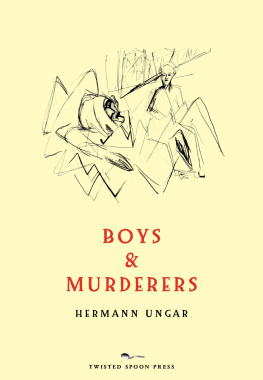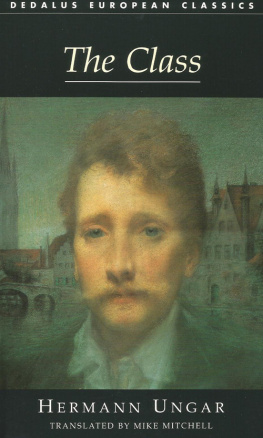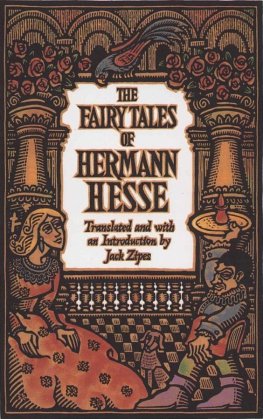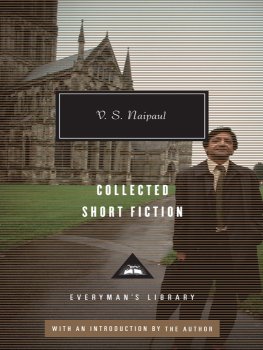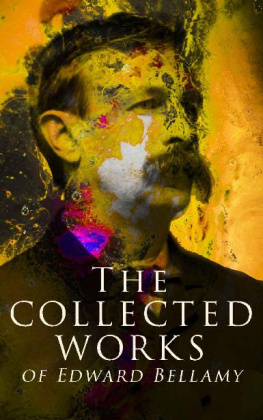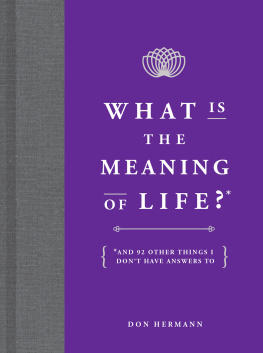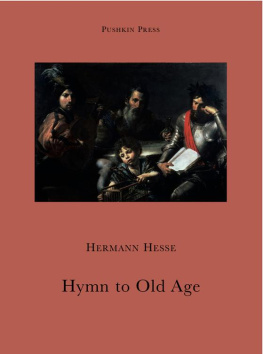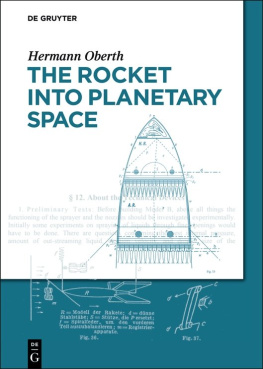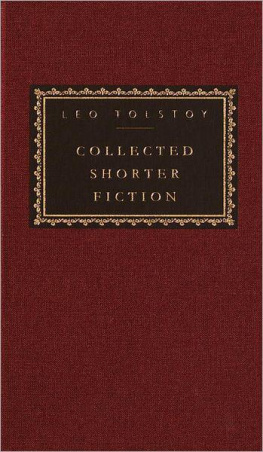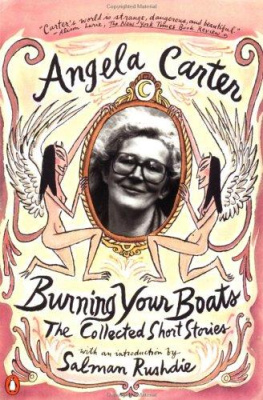Ungar Hermann - Boys & murderers: collected short fiction
Here you can read online Ungar Hermann - Boys & murderers: collected short fiction full text of the book (entire story) in english for free. Download pdf and epub, get meaning, cover and reviews about this ebook. City: Prague, year: 2013;2006, publisher: Twisted Spoon Press, genre: Non-fiction. Description of the work, (preface) as well as reviews are available. Best literature library LitArk.com created for fans of good reading and offers a wide selection of genres:
Romance novel
Science fiction
Adventure
Detective
Science
History
Home and family
Prose
Art
Politics
Computer
Non-fiction
Religion
Business
Children
Humor
Choose a favorite category and find really read worthwhile books. Enjoy immersion in the world of imagination, feel the emotions of the characters or learn something new for yourself, make an fascinating discovery.
- Book:Boys & murderers: collected short fiction
- Author:
- Publisher:Twisted Spoon Press
- Genre:
- Year:2013;2006
- City:Prague
- Rating:3 / 5
- Favourites:Add to favourites
- Your mark:
- 60
- 1
- 2
- 3
- 4
- 5
Boys & murderers: collected short fiction: summary, description and annotation
We offer to read an annotation, description, summary or preface (depends on what the author of the book "Boys & murderers: collected short fiction" wrote himself). If you haven't found the necessary information about the book — write in the comments, we will try to find it.
Boys & murderers: collected short fiction — read online for free the complete book (whole text) full work
Below is the text of the book, divided by pages. System saving the place of the last page read, allows you to conveniently read the book "Boys & murderers: collected short fiction" online for free, without having to search again every time where you left off. Put a bookmark, and you can go to the page where you finished reading at any time.
Font size:
Interval:
Bookmark:
Hermann Ungar
BOYS & MURDERERS
Collected Short Fiction
Translated from the German by Isabel Fargo Cole
TWISTED SPOON PRESS
Prague
Translation copyright 2006 by Isabel Fargo Cole
Afterword copyright 2006 by Isabel Fargo Cole
Thomas Mann preface copyright 1960, 1974 by S. Fischer Verlag GmbH
This edition 2006, 2013 by Twisted Spoon Press
All rights reserved. No part of this book may be used or reproduced in any form, save for the purposes of review, without the written permission of the Publisher
Preface by Thomas Mann reprinted with the kind permission of Fischer Verlag
Cover image and frontispiece by Otto Gutfreund, courtesy of the Jewish Museum in Prague
Commentary by Jaroslav Brnsk compiled and translated from the original Czech by Jed Slast
First published in English in 2006 by
Twisted Spoon Press
P.O. Box 21Preslova 12
www.twistedspoon.com
The translation of this work was made possible by grants from the Foundation of the Jewish Museum in Prague and the Stiftung Kulturfonds, Germany
ISBN 978-80-86264-25-7 (softcover)
ISBN 978-80-86264-83-7 (e-book)
Contents
by Thomas Mann
Boys & Murderers
Colberts Journey
(A Fragment)
Uncollected Stories
(Dialogue for a Married Couple)

Preface
I owe the melancholy privilege, the happy duty of introducing this posthumous collection of Hermann Ungars work to a German audience, to the fact that Iwas one of the first to recognize and call attention to the extraordinary talent of the deceased. Having championed his debut, Boys & Murderers, it would be wrong of me to stand by indifferently at the publication of his last, posthumous work whose inner beauty and artistic appeal stir me still more than the qualities of his first collection did back then. Then all was hope, harkening, delight in the rising of an auspicious star, faith in life; today this life, endowed with such great gifts doomed to unfulfillment, lies in the earth.
Did we bet wrong, then, did our instinct fail our hope? No, I am not ashamed of having commended to life one who was doomed to die. Death is not a refutation, and it would take an irreligious, Philistine view of happiness and success to make lifes blessing the criterion for what is worth loving. The deceased reflected profoundly, bitterly, and truly on victory and defeat, blessing and debasement. Today I know, he writes in the introductory passage of one of the stories in this volume, that talent swiftly grasps how easily it can serve every cause, and often its most telling trait is the ability to conform to the ordinary and find a moral justification for this conformity. Seen from a higher vantage point, the victors in life are generally the vanquished. The deaths of the failures shine at times with the nimbus of victory. That is what it means to see through appearances with incorruptible, magnanimous perspicacity, and if it is true that you shall know them by their fruits, one can be proud to have pupils with such convictions. Only one thing is forgotten or passed over here, that the true victories of lifes children often lie where the masses do not see them, that renown is neither a means nor a product of comprehension, and that lifes victors are also in need of humanity which admittedly means wanting everything at once.
In retrospect, it seems to me that I always sensed the doomed aspect of Hermann Ungars art and being and that this very instinct was the source of my sympathy, the motive for me to champion the early manifestations of his nature. In his unlaughing comic sense, his sexual melancholy, in the bitter and often uncannily deliberate way in which he expresses his vision of life in his mental and even his physical physiognomy there is a pallor, a fatal mark, an austere hopelessness. It takes no second sight to interpret this prophetically, and it prevents me from regarding his early death as an accident. It did not surprise me that Boys & Murderers was immediately translated and much noted in France. The French esprit harbors more irony toward the fit, more inclination toward noble infirmity than do we Germans, with Goethes legacy of a robust aristocracy of life seated deep in our blood. Unquestionably, all that is deaths is not noble, while all that is lifes is not base. But we best show our conscience-driven mockery against even the highest forms of conformity by bowing to deaths nobility.
There can be no talk of fulfillment here, of the grace of maturation and perfection; but before life dropped him with the carelessness which so often appalls and outrages our human sensibility, his spirit did manage to give more than might appear from what I have said above. Following the first collection of novellas, we have a novel of anguished power, The Maimed; we have The Class, less momentous perhaps, yet still in its distinctive style and vision an expression of the cultivated primal quality which we call art; we have plays whose success in Berlin and Vienna did not come from conformity to the norm. And though to rebuke fate for its carelessness would be to take after the king who had the sea flogged, one is tempted to reproach it with all the things in Ungars melancholy oeuvre that woo life with such poetic ardor; it should have shown more favor toward such sensual fidelity. Take, for example, what his wine-traveler says in the pages to follow about the secret of his wares: In old wine is the scent of all flowers, the rays of the sun, childrens laughter, mens sweat, the vision of the summer landscape, all ripe and heavy as the breast of a nursing mother. That is the song of life. Art may be marked by death, but it is always love, always life. You are an artist, says the wine-traveler, in a different sphere than the poet or the musician, but like them raised by your senses into a deeper and holier communion with Nature, lifted up from the inert masses of those whose eyes are as dull as their ears, their nostrils, their tongues and the nerves beneath their skin. Ungar, too, was raised by his talent into a deeper and holier communion with nature and it is these posthumously published stories which reveal this most vividly, showing perhaps more clearly than those published during Ungars lifetime what potential for development was nipped in the bud by his premature death, and their publication, for us, is a true human indictment of fate.
What an immensely significant figure, this servant Modlizki in Colberts Journey! This story is rightly featured at the beginning of this collection; it is a minor masterpiece and would occupy an honorable place within any classical oeuvre. The others do not have this roundedness; they are sketchier, fragments and intimations of an unrealized epic world but one need only read Bobek Marries to sense what a hearty grip on life this melancholy talent had, what a grotesque sacramentalism of the sensual he could muster and what he could have brought forth!
Hermann Ungar was born in 1893 in the Moravian town of Boskovice to Jewish parents. The Ungars were a family of merchants and farmers, the father was a merchant with scholarly and philosophical leanings. Hermann graduated from the German Gymnasium in Brno, studied law at the universities of Berlin, Munich and Prague and received his doctorate in the midst of the war. As a lieutenant in the reserves, he took part in the war from start to finish, spending the first years on the front in Russia and Galicia, and was severely wounded. After peace was declared he spent a short time as Advokatur Konzipient then as a bank clerk in Prague, held for a time the position of a dramaturge in Cheb, entered the Czechoslovak Foreign Ministry in 1920 and was assigned to the Czechoslovak Embassy in Berlin as embassy secretary. He married a woman from Prague and became the father of two boys. Recalled to Prague in 1928, he contemplated abandoning his official career to devote himself entirely to literature. We are told of an automobile accident which severely upset his nerves, paving the way for the illness appendicitis which, diagnosed too late, operated too late, carried him off the following year.
Next pageFont size:
Interval:
Bookmark:
Similar books «Boys & murderers: collected short fiction»
Look at similar books to Boys & murderers: collected short fiction. We have selected literature similar in name and meaning in the hope of providing readers with more options to find new, interesting, not yet read works.
Discussion, reviews of the book Boys & murderers: collected short fiction and just readers' own opinions. Leave your comments, write what you think about the work, its meaning or the main characters. Specify what exactly you liked and what you didn't like, and why you think so.

